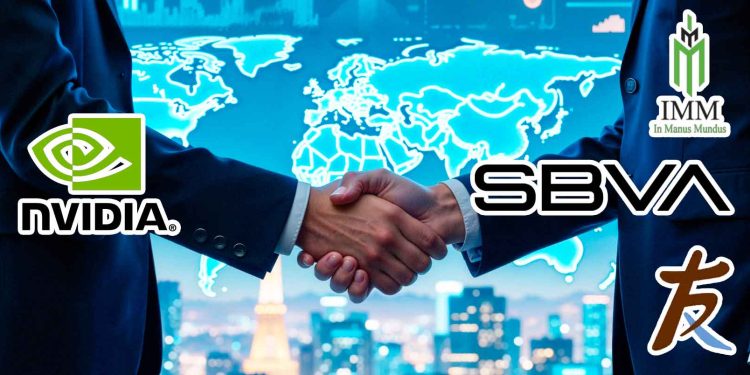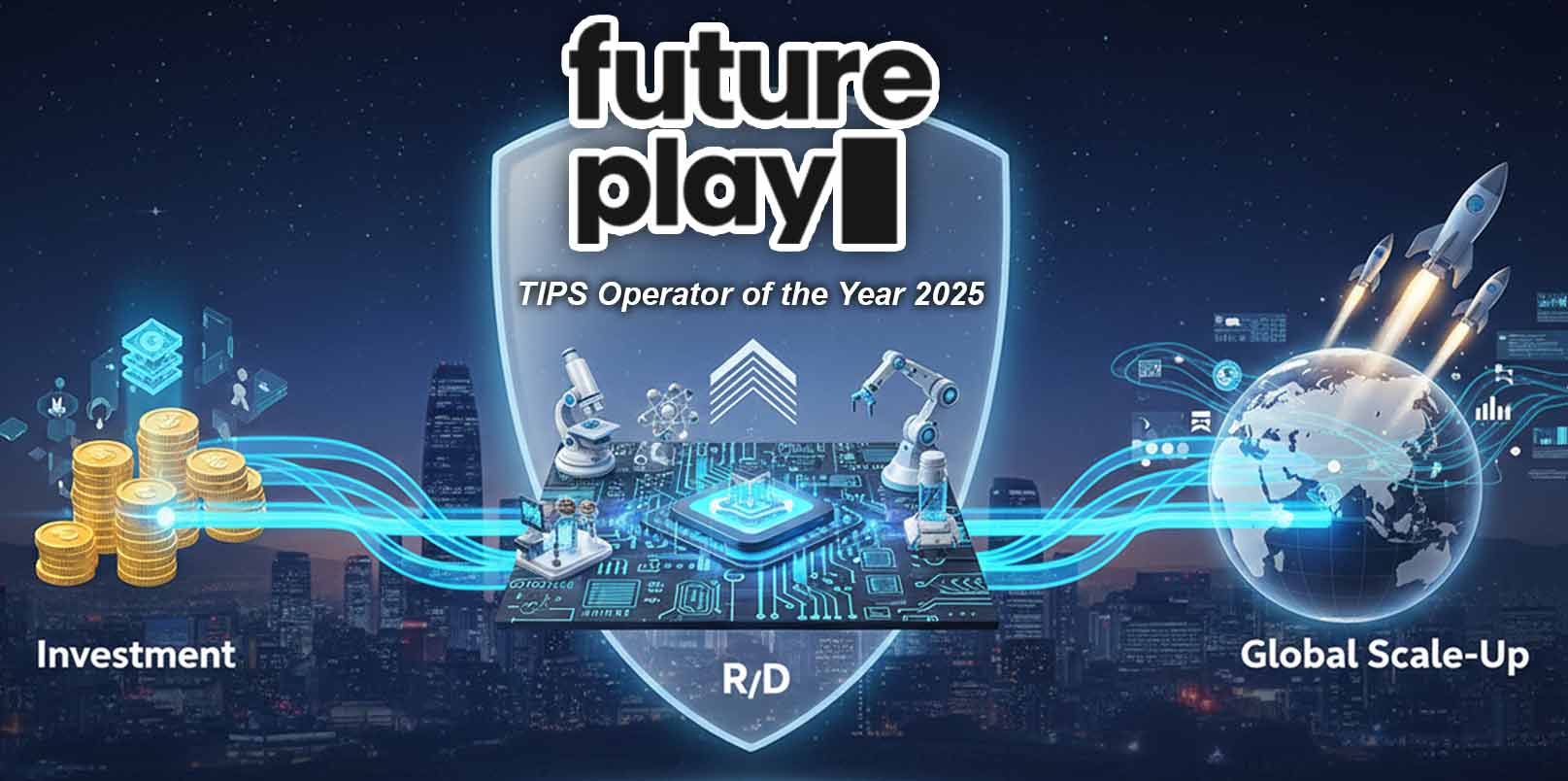Korea’s deep-tech startup ecosystem has gained a powerful new catalyst. NVIDIA has joined forces with leading venture capital firms and government partners to form the Korea Physical AI Startup Alliance, signaling a strategic push to accelerate robotics, drone, and humanoid innovation. The initiative positions Korea as a regional hub for next-generation “physical AI” technologies that merge artificial intelligence with hardware and automation.
NVIDIA and Venture Capital Leaders Unite to Foster Physical AI Startups
On October 31, VC industry sources confirmed the announcement from NVIDIA on the formation of the Korea Physical AI Startup Alliance, an industry-wide collaboration designed to nurture startups developing robotics, drone, and humanoid technologies.
The announcement coincided with NVIDIA CEO Jensen Huang’s visit to Korea for the APEC CEO Summit 2025 in Gyeongju, where he emphasized the growing importance of AI infrastructure in global competitiveness.
Major Korean venture capital firms — SBVA, IMM Investment, and Korea Investment Partners — have joined the alliance as founding members. Their participation extends NVIDIA’s existing Inception Program, a global startup acceleration framework, into a more collaborative, ecosystem-level platform tailored to Korea’s industrial and innovation landscape.
According to multiple Korean media reports, the alliance will also leverage infrastructure from SK Telecom and other NVIDIA partners to provide computing resources and mentorship support for early-stage startups.
NVIDIA & Korean VC Firms Partnership: Building Korea’s Physical AI Ecosystem
The Korea Physical AI Startup Alliance represents an evolution of NVIDIA’s ongoing partnership with the Ministry of SMEs and Startups (MSS). Both organizations have cooperated since 2020 under the N-UP (NVIDIA-UP) program, which has supported 151 domestic AI startups through access to software, training, and hardware resources. In 2024 alone, 39 startups benefited from the program’s support.
Now, the alliance expands that framework into “physical AI” — referring to the convergence of AI with real-world systems such as robotics, drones, autonomous mobility, and humanoids. MSS and NVIDIA are reviewing plans to enlarge the N-UP program’s scale and shift its emphasis toward these high-impact physical AI sectors, viewed as the next frontier of AI commercialization.
The initiative also aligns with Korea’s broader policy to strengthen sovereign AI capabilities and reduce dependency on foreign infrastructure by fostering domestic innovation and venture investment in advanced AI applications.
Korea Physical AI Startup Alliance: Deep-Tech Investment and Global Scale-Up
In a public statement, SBVA said its participation aims to “identify promising AI startups with innovative technologies and support their growth from early stages to scale-up.”
The firm added that it will help startups “connect with global communities to attract follow-up investments and strengthen their capacity for overseas expansion.”
Lee Joon-pyo, CEO of SBVA, highlighted that the partnership goes beyond funding:
“Through the NVIDIA Startup Alliance, SBVA aims not only to provide capital but also to help startups facing challenges in global expansion. We are committed to creating the foundation for next-generation AI startups to grow alongside the world’s leading technology companies during this AI-driven industrial transformation.”
NVIDIA stated via its official newsroom that the alliance “will allow startups to accelerate growth using NVIDIA’s software and technology, establishing a platform to evolve into next-generation innovation leaders.”
Korea’s Emerging Role in Global AI-Driven Hardware
The formation of the Korea Physical AI Startup Alliance marks Korea’s transition from software-centric AI growth to a more integrated deep-tech ecosystem combining hardware, sensing, and embodied intelligence. By linking global technology infrastructure with domestic venture capital and startup talent, the initiative creates new pathways for Korean AI companies to scale internationally.
It also reflects a policy direction increasingly focused on physical AI — where intelligence meets real-world systems through robotics, drones, and humanoids. This shift aligns with global trends in embodied AI, as global startups redefine defense, mobility, and automation through intelligent, hardware-driven platforms.
This alliance will further support the emergence of MSS’ policy vision in driving Korea’s third venture boom. As the nation consolidates its position as one of the world’s top four venture powerhouses, partnerships like this demonstrate how capital, policy, and technology are converging to accelerate the country’s next phase of deep-tech innovation.
Together with ongoing initiatives under the Ministry of Science and ICT and the Ministry of SMEs and Startups, the alliance reinforces Korea’s ambition to become an Asia-Pacific hub for AI and robotics innovation — not just as a fast follower but as a creator of globally competitive physical AI technologies.
Toward a Scalable Physical AI Future
The Korea Physical AI Startup Alliance represents a pivotal step in Korea’s startup and deep-tech landscape — turning global collaboration into a coordinated mechanism for growth.
By combining NVIDIA’s technological infrastructure with venture-capital investment and policy-led support, the alliance bridges computation, capital, and commercialization in ways that few national ecosystems have achieved.
If the initiative continues, it can help more Korean startups move from early growth to global scale-up and set a new standard for how AI blends with physical technology. It points to a future where robotics, autonomous mobility, and industrial automation evolve together — and where Korean innovation plays a key role in shaping the next wave of deep-tech growth across Asia.
– Stay Ahead in Korea’s Startup Scene –
Get real-time insights, funding updates, and policy shifts shaping Korea’s innovation ecosystem.
➡️ Follow KoreaTechDesk on LinkedIn, X (Twitter), Threads, Bluesky, Telegram, Facebook, and WhatsApp Channel.






